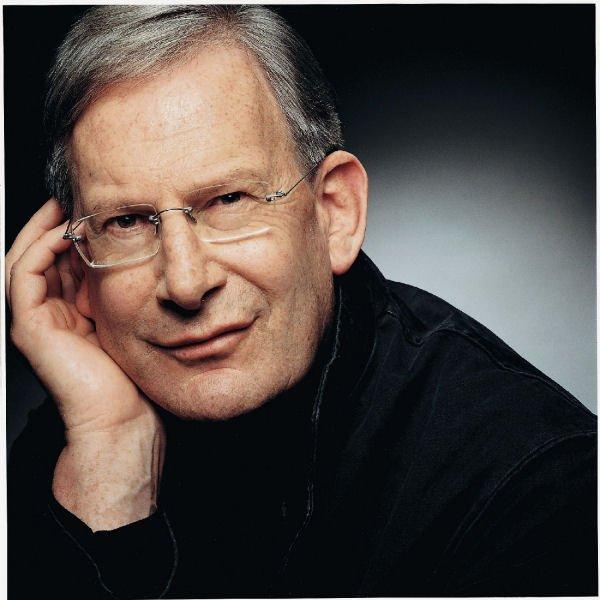Just a few weeks ago, John Eliot Gardiner and his Orchestre Révolutionnaire et Romantique delivered what was unquestionably one of the year’s finest concerts – performing Beethoven’s Fourth and Seventh Symphonies with more wit, swagger and verve than even the mighty Leipzig Gewandhaus could muster. Returning to Beethoven last night with the very different orchestral forces of the London Symphony Orchestra, the question was surely whether Gardiner could summon the same magic for a second time.
The short answer is not quite. But when dealing with Gardiner’s meticulously detailed performances, it’s never quite that simple.
London has been awash with Beethoven recently, with interpretations to suit every taste. While the complete symphony cycle from Chailly and the Leipzig Gewandhaus Orchestra might have stolen recent headlines, we’ve also had a memorable (for the wrong reasons) choir-of-thousands Ninth Symphony at the Proms from the BBCSO, as well as the two superlative historically informed symphonies from Gardiner himself.
Only among the delicate musical china of the Andante cantabile did issues emerge
Sitting at a midpoint among Beethoven extremes, the combination of the LSO and Gardiner is a comfortable one – offering enough clarity for period enthusiasts while enjoying the extra textural legroom of a contemporary symphony orchestra. In Beethoven’s First Symphony this proved a heady combination. Although a lively and deeply attractive work, there’s no disguising the fact that the First Symphony shrugs off rather than grasps the weight of its genre. From the winsome Allegro of the first movement to the pseudo naivety of the scalic opening to the final Adagio that gives a sudden grin and whirls off into a sophisticated semiquaver dance, the energy of the work remains essentially playful.
It’s a spirit that was well served by Gardiner and the LSO. Gardiner’s particular gift for textural effect transformed his orchestra into an operatic ensemble, the characterful little group numbers and duets of the closing movement each advancing the plot so vividly implicit in Beethoven’s music. Yet the humour was balanced by no little force; the flutes in the first-movement repeat were all but tuned percussion, so ferocious was their attack, prefiguring the timpani of the Minuet and Trio that burst from among the swirling rhythmic cross-currents of the strings. Only among the delicate musical china of the Andante cantabile did issues emerge, with Gardiner’s precision translated by the LSO into some slightly affected dynamic contrasts.
Their Ninth started promisingly, the exploratory, under-construction process of the opening unfolding without self-consciousness, yet by the time we reached the emphatic orchestral unison authority was still lacking. Unwilling to commit to the emotional urgency of Gardiner’s reading the LSO became unbalanced, and pacing suffered. The joke of the Scherzo’s throwaway ending all but fell flat, scuppered by too ill-prepared a punchline, and the Adagio variations never quite found their groove. The obbligato melody in the upper strings especially felt gripped and careful, and the later clarinet-led episode for wind ensemble staggered noticeably.
It just lacked the heart-surge impact of bigger, less accomplished performances
Singing without scores, the Monteverdi Choir faced off against the LSO in the final movement in a rather David and Goliath battle. While it’s rare to feel so secure with a choir in this work, it’s perhaps not the best fit for this precision ensemble. Banished beyond both orchestra and soloists (themselves squashed in behind the LSO) no amount of diction or force was ever going to even up this particular fight for these straight-toned singers. While Gardiner may have been making an interesting case about the textural relationships between vocal and orchestral forces, in practice it just lacked the heart-surge impact of bigger, less accomplished performances. Soprano Rebecca Evans and mezzo Wilke te Brummelstroete fared best of the soloists, while Vuyani Mlinde’s baritone lacked the force of either personality or tone to push his way past the orchestra.
It was an evening of Beethoven that started so well, but ultimately did little to challenge the supremacy of Chailly: a limp postscript to the polemic of Gardiner’s previous orchestral outing in London.













Add comment